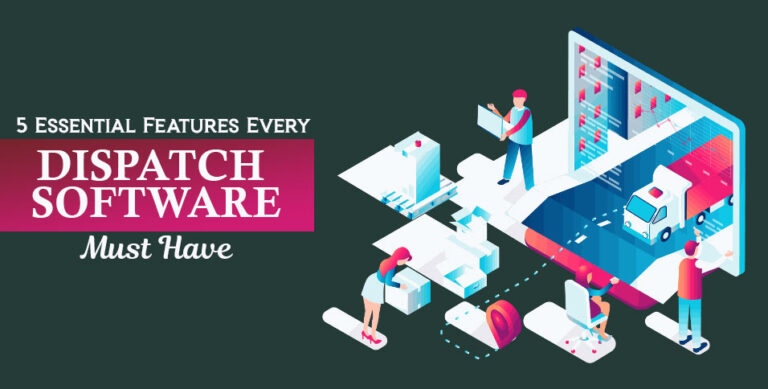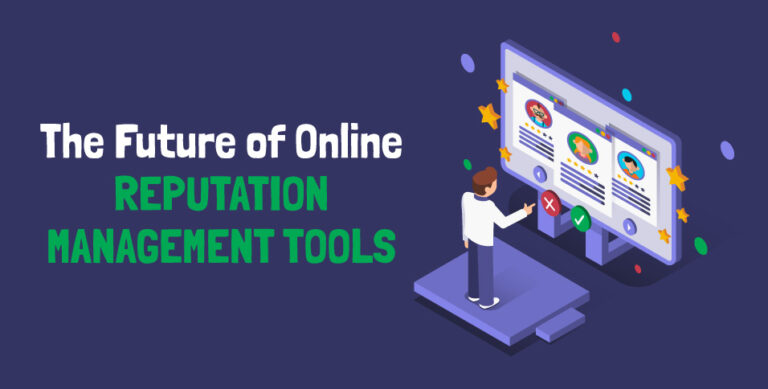Since its introduction, cloud computing is being embraced by the enterprises due to the advantages it offers. At the beginning, the adoption of cloud shown a low pace. However, as the technology got evolved, it started becoming an integral part of all the organizational processes. In the last couple of years, the cloud industry has grown tremendously and expected to expand further in the upcoming years. In this evolution of cloud, the year of 2017 has played a significant role, and this article is formulated to shed light on major developments in the cloud industry throughout the year.
Surge in Multi-Cloud Computing
Multi-cloud computing is a practice of distributing company’s applications, software, redundancies, assets, etc., on multiple cloud-hosting environments instead of relying on a single environment. Although the practice may sound complicated than using one cloud platform, the technique rewards various benefits. These benefits include power of managed clouds, data management, cost-performance optimization, eluding vendor lock-in, advanced flexibility, high reliability, and power of choice. Although, a few organizations had started using multi-cloud computing a couple of years ago, in the 2017, some of the prominent vendors have shown support to this practice.
For instance, in the late October, Cisco announced a suite of solutions that aimed to simplify the migration to multi-cloud. This portfolio included,
- Cloud Advisory Services to assist clients design, plan, accelerate, and de-risk the shift to multi cloud environment.
- Cloud Connect that helps to extend private networks to public environments.
- Cloud Protect to secure customer’s SaaS services, apps, data, cloud network connections, and multi-cloud identities.
- Cloud Consume that helps companies to deploy, monitor, and optimize their apps in multi-cloud environments.
Furthermore, it seems that Apple embraces multi-cloud computing and could contribute to the major developments in this practice. The upcoming Files app in iOS 11 will allow the users to save their data in iCloud storage, additionally; Apple is availing third-party storage services for its users.
Rise of Kubernetes
Kubernetes, originally created by Google, is being highly utilized by organizations for container deployments. This open-source system is used to automate the deployment, scaling, maintenance, scheduling, and operation of several application containers across clusters of hosts. With the escalated usage container deployments, the developments in Kubernetes have been commendable in 2017. Furthermore, some of the big enterprises have accepted and stimulated the applications of Kubernetes.
In November 2017, The Cloud Native Computing Foundation (CNCF) announced that 36 members have agreed to a set of certification standards for Kubernetes. The agreement is expected to help users to move from one version to another without any complication. Furthermore, this will ensure that containers under Kubernetes management, after the migration will behave in a predictable way.
Moreover, IBM has recently announced a new version of its private cloud platform that supports the deployment of applications through Kubernetes. Now, IBM Cloud allows customers to utilize its private cloud software in three ways: through traditional virtual machines, through Cloud Foundry, a container management platform, and through Kubernetes. Following that, AWS announced its support for the Kubernetes container orchestration system.
Advancements in Security
At the early stage, cloud commuting had been criticized for its low security offerings. However, the security aspect of the cloud services has been greatly enhanced by the efforts of all the cloud solution providers. Among all the advancements in the security of cloud, some happened in the year 2017.
Oracle, one of the biggest cloud environment providers, in October, announced products integrated with artificial intelligence (AI) and machine learning to identify security threats quickly. The company introduced Oracle Management Cloud and Oracle Identity Security Operations Center (SOC) to resolve cyber security threats quicker than ever.
Furthermore, various security provider companies got involved in strategic partnerships to enhance security in the cloud. For instance, McAfee, Inc., an American security provider company has acquired Skyhigh Networks. Skyhigh Networks is a cloud security provider and this acquisition is expected to accelerate both companies’ efforts to make the cloud more secure.
Acquisitions in Cloud
Acquisitions play a crucial role in the development of any technology. As foreseen in 2016, the number of strategic partnerships in cloud industry has escalated. Here are some of the prominent acquisitions of the year 2017:
- Amazon acquired Harvest.ai in January: Harvest.ai is a firm focused on data security and enables companies to identify and stop stolen credentials, insider threats, and data breaches. The firm uses artificial intelligence and machine learning to secure cloud applications, this deal is made to enhance security of Amazon’s offerings.
- Alphabet acquired Kaggle in March: To enhance the AI capabilities in the cloud, Google has acquired Kaggle. Kaggle is the world’s largest data science community and offers a platform to data scientists to write and share codes, host data sets, and conduct machine learning contests.
- Microsoft acquired Cloudyn in June: Cloudyn is a company helping clients to manage their cloud billing efficiently across multiple clouds. This acquisition is made to support the customers’ decisions about implementing multi-cloud strategy.
- Amazon acquired GameSparks in July: GameSparks is a company providing cloud-based development platform for game developers. This acquisition is a prudent move from Amazon to expand as a platform to build and host games.
- Microsoft acquired Cycle Computing in August: Cycle Computing is a company specialized in providing software for orchestrating computing and storage resources, particularly in cloud environments. This acquisition is expected to help customers to utilize Big Computing capabilities such as High-Performance Computing (HPC).
- Alphabet acquired Bitium in September: Bitium is a startup focused on providing identity access and management tools for cloud-based services. This deal is expected to allow Google to manage the security levels within the organizations.
Mirror Review Magazine has released an issue – The 10 Most Pre-eminent Cloud Solution Providers of 2017. This special issue talks about the companies that are helping their clients to leverage the power of Cloud.
If you have liked the content, follow Mirror Review on Twitter for more updates on various technologies.















